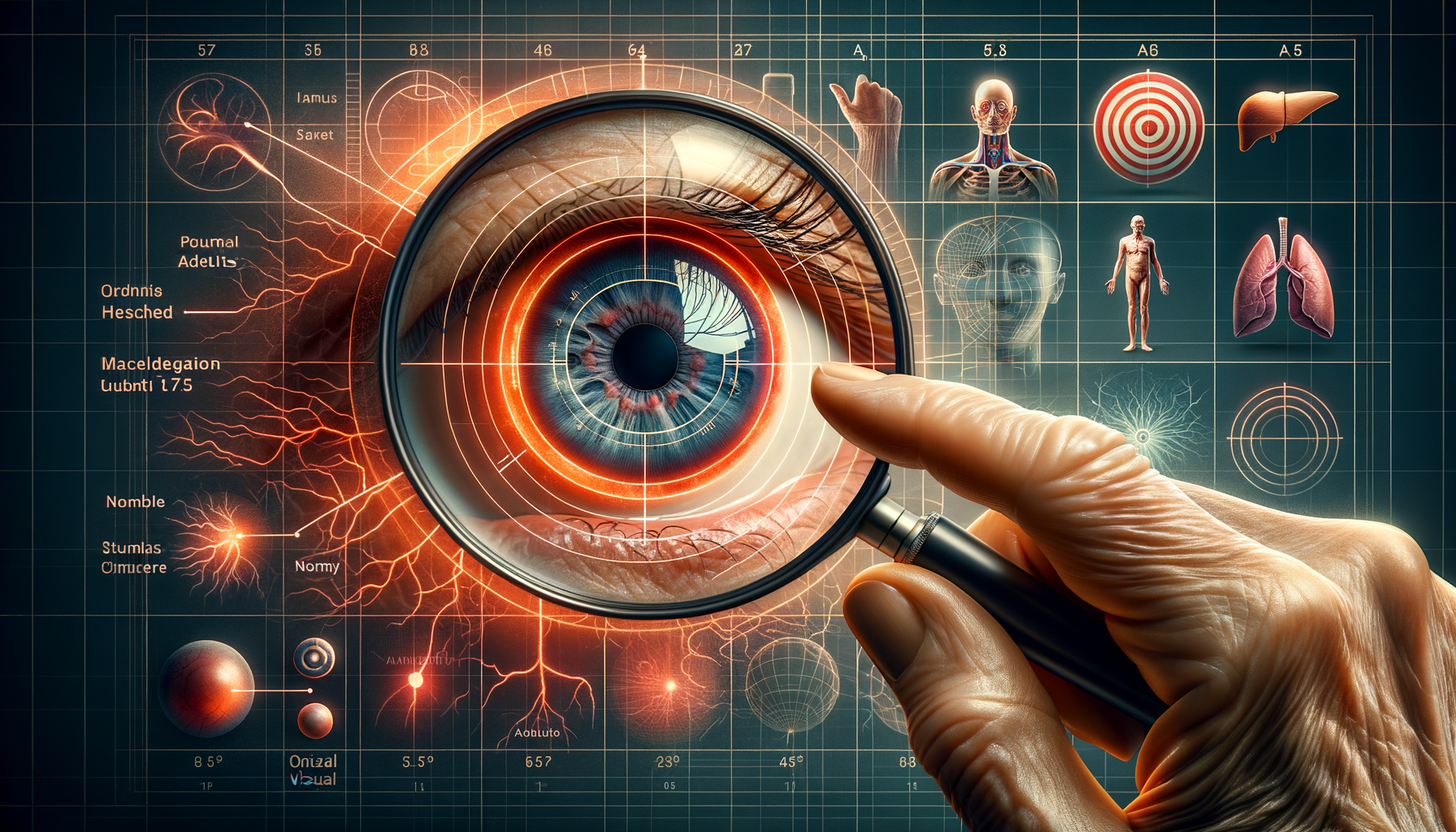What the Early Warning Signs of Macular Degeneration are for Adults Over 65
Could subtle changes in vision be hinting at a significant development? For individuals in a certain age range, recognizing potential shifts in sight can be crucial. Understanding what to look for may offer a chance for timely attention.

Understanding Macular Degeneration and Its Impact
Macular degeneration is a common eye condition and a leading cause of vision loss among people aged 65 and older. This age-related condition affects the macula, the part of the retina responsible for central vision. As the disease progresses, it can severely impact one’s ability to read, drive, and recognize faces, making early detection crucial.
There are two main types of macular degeneration: dry and wet. The dry form is more common and involves the thinning of the macula, while the wet form is characterized by the growth of abnormal blood vessels under the retina. Both forms can lead to significant vision impairment if not addressed promptly.
Recognizing the early warning signs is essential for managing the condition effectively. Regular eye examinations, especially for those over 65, can help detect changes in the retina before they lead to more severe symptoms. Early intervention can slow the progression of the disease and preserve vision.
Key Indicators to Watch For
Detecting macular degeneration early can be challenging, as symptoms often develop gradually. However, being aware of certain indicators can aid in early diagnosis:
- Blurriness in the center of your vision, making it difficult to see fine details.
- Distortion of straight lines, which may appear wavy or bent.
- Difficulty adapting to low light levels, such as when entering a dimly lit room.
- Reduced intensity or brightness of colors, making them appear washed out.
- An increased need for brighter lighting when reading or doing close work.
These symptoms can be subtle initially, but they are significant indicators of potential macular degeneration. Regular check-ups with an eye care professional can help monitor any changes and provide necessary treatment options.
The Importance of Early Detection
Early detection of macular degeneration is vital for several reasons. Firstly, it allows for timely intervention, which can slow the progression of the disease and help maintain quality of life. Treatments such as nutritional supplements, lifestyle changes, and in some cases, medical procedures, can be more effective when implemented early.
Moreover, understanding and recognizing the symptoms empowers individuals to take active steps in managing their eye health. By staying informed and vigilant, adults over 65 can better navigate the challenges posed by macular degeneration and seek appropriate care when needed.
In conclusion, while macular degeneration can be a daunting diagnosis, early awareness and proactive management can make a significant difference. Regular eye exams, attention to vision changes, and understanding the risk factors are all part of a comprehensive approach to maintaining eye health in later years.